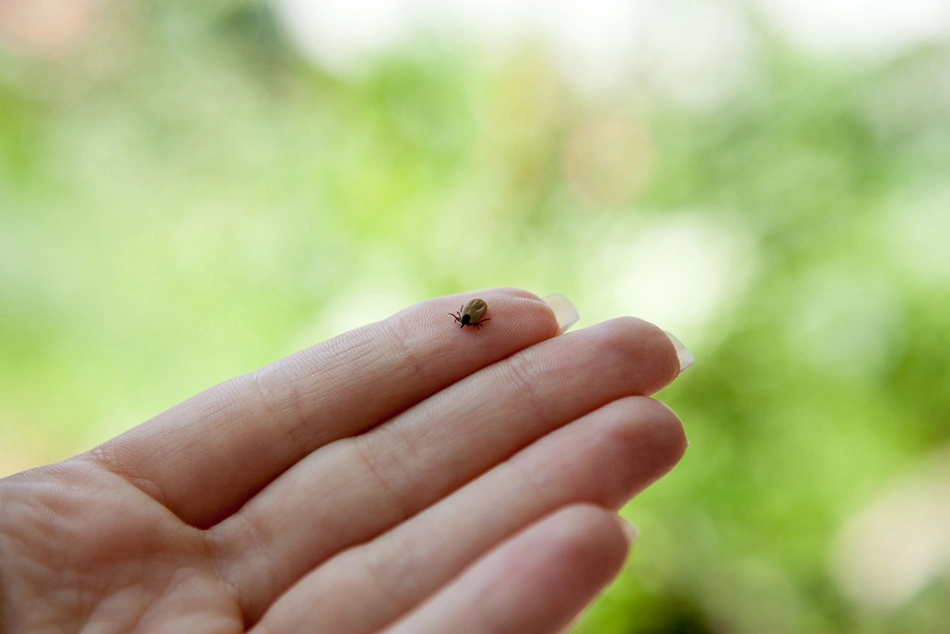
The Lawn Techs Blog
Information, reminders, tips, and more about lawn care, plant health care, and outdoor pest control.

Information, reminders, tips, and more about lawn care, plant health care, and outdoor pest control.

In 2017, there were 5,092 reported cases of Lyme disease in the state of NJ, the highest yearly total in nearly two decades, according to new data from the New Jersey Department of Health. In northeastern states, the tick infection rate is among the highest in the country. Deer ticks can be carried by deer, mice, raccoons, squirrels, birds, dogs and cats which are in all yards. Most bites occur in people’s own yard.
1. Blacklegged ticks, which carry Lyme disease, are a threat any time of year when temperatures are above freezing. Most tick bites occur in May, June, July, August, and September when peak tick population coincides with high outdoor activity. It is always best to take preventive measures to reduce your risk.
2. Avoid tick-infested areas such as wooded and brushy areas with high grass and leaf litter. Cut down, clean or stay away from these areas.
3. Remove old log piles and debris where rodents can harbor.
4. Consider using bait boxes for mice or tick tubes.
5. Limit deer browsing on your property by replacing plants with deer resistant varieties and/or applying deer sprays, deterrents, netting, fencing, etc.
6. Keep bird feeders along the perimeter of your property.
7. When outdoors on school fields, hiking, camping, etc. consider a spraying a repellent on your clothes. Repeat that's clothes, not skin! Always read the product label before use.
8. Protect your pets...
SORRY WE DO NOT PROVIDE: Lawn Mowing, Clean-Up, or Landscaping
